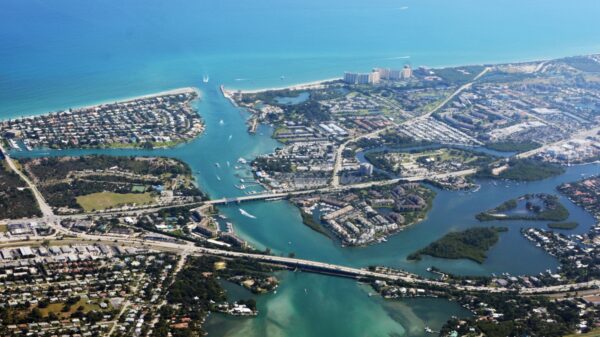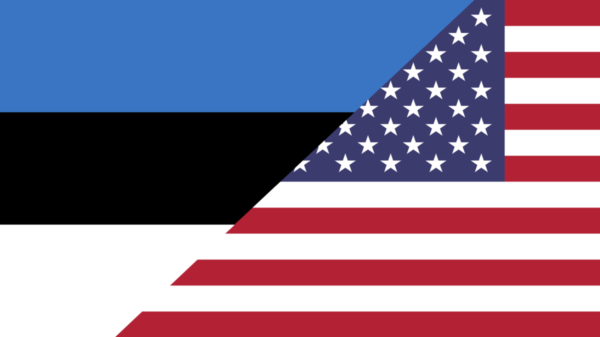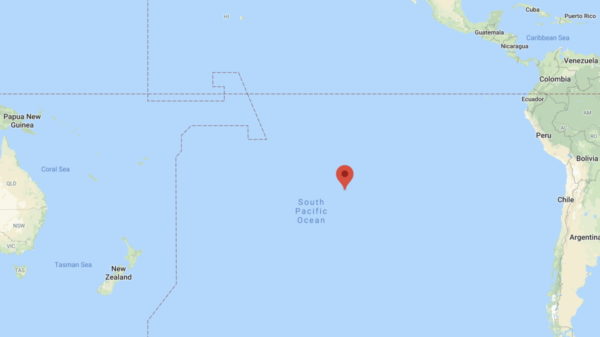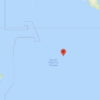Canada is rarely, if ever, associated with tax optimization. This makes entities registered there ideal from a reputation standpoint as no one will ever suspect them of being used for such a purpose. In this guide, I provide an overview of one such entity, the British Columbia LLP. I also explain how to register one and how to handle compliance.
Overview
Canada is a large country, the world’s second largest in fact. It is divided into ten provinces and three federal territories. A province, in the Canadian context, is for all intent and purposes an independent country. Each runs its own education system, health care system, taxation system, police force, law code and in some cases, immigration system. British Columbia is the subject of our focus today, and more specifically its Limited Liability Partnership (LLP) structure.
The British Columbia LLP is, as its name implies, a partnership. This means that it must have at least two partners (unlike an LP, an LLP provides full liability protection to all partners). The partners can be natural persons, legal entities or a mix of both. There are no residency requirements for any of the partners.
A British Columbia LLP can conduct business in Canada without any restrictions. With that said, doing so will usually create a tax burden in Canada for the partners in addition to a filing liability for the LLP. Do note that selling services and products to Canadian customers from abroad, via a British Columbia LLP, will not usually be deemed as conducting business in Canada and as such, will not usually create a Canadian tax liability. This brings us to the next point, taxation.
A British Columbia LLP is a pass-through entity for tax purposes. This means that it is not a taxable entity in and of itself. Instead, the partners must include their share of the profits on their own tax returns, in their country of residence (personal or corporate). When one or more of the partners is a Canadian resident, they will be liable for taxation in Canada on the LLP’s worldwide profits while non-resident partners will only be liable for taxation in Canada on the LLP’s Canadian profits. If no business is conducted in Canada, and all partners are non-residents, no tax liability will exist in Canada and no return will have to be filed. An annual report must be filed with the British Columbia registry, every year, along with a 35 CAD payment (the report merely confirms that all company information are still accurate).
Do note that a British Columbia LLP selling to Canadian customers will have to register for sales tax (HST/GST) after reaching the 30000 CAD annual threshold (only Canadian sales count towards the threshold).
Canada boasts some of the most stable banks in the world. They offer an excellent range of services and accounts / credit cards in multiple currencies. They are also tech-focused with the vast majority of banks supporting mobile payments (via Apple Pay, Google Pay etc), instant peer-to-peer transfers and mobile deposit. Their fees tend to be high and wiring money overseas can be a bit of a hassle, however.
Opening a business bank account in Canada for a Canadian-registered entity is fairly easy. A personal visit is required (for non-residents) but that is usually it (no minimum balance, letter of reference etc). Canadian residents can open an account online in minutes provided that they have a valid social insurance number (SIN). A chequing account can be opened in Canadian dollar and / or US dollar. Savings accounts can be opened in nearly any other currencies. Most Canadian accounts come with a debit card (usually a mix of Visa and Interac) that can be used worldwide (including online). In exchange for a security deposit (for non-residents), a credit card can also be issued (including USD credit cards). A British Columbia LLP can also open accounts with the likes of Wise, remotely, and this is in fact a great solution if no traditional bank account is needed.
As for payment processing, a British Columbia LLP can apply for a merchant account with any of the Canadian banks. It can also use services like Stripe and Braintree (settlements can be received in either CAD or USD). Do note that Stripe supports settlements to Wise in both CAD and USD. PayPal can also be used and can be linked to Wise or similar, also in both CAD and USD.
Registration
While it is possible to register a corporation in British Columbia online, it is not possible to do so with an LLP. You have the option to either show up in person at a BC Services office or use the services of a third party.
If decide to go in person, you will have to fill form 1 and bring the name request portion to a BC Services office. They will run a name check and if approved, will issue a name reservation number (processing times vary from one business day to three weeks). The fee for the name check is 30 CAD (with an extra for the express option). Once you have the name reservation number, you can bring the registration statement portion of the form to the same BC Services office to complete the registration process. The registration fee is 275 CAD (they accept cash and credit cards).
You will need a British Columbia address, to act as both the registered and correspondence address. You can get one via a service such as AnytimeMailbox.
A company number will be issued on the spot, allowing you to immediately open your business bank account. I recommend TD, I have personally been with them for years and am happy with their services. Other banks worthy of consideration include CIBC, RBC, BMO, HSBC and Scotia. Do note that you can open a USD account with any of these banks and link it to PayPal, Stripe and many other payment processing services. This will allow you to completely bypass the Canadian dollar. Wise or similar can also be used.
If you prefer registering your LLP via a registration service, you can do so with Freedom Surfer. For 497 EUR, we will prepare form 1 for you and file it electronically using our agent account. We will also handle the required name reservation. You can learn more about this service here.


































